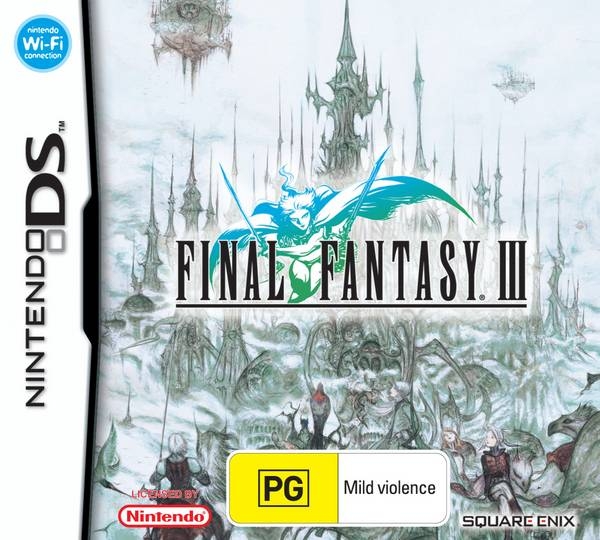


I reckon that it means "for more than one single platform", fair enough, but when the word is tossed around like it does, it comes off as teasing people who want the game to come out on a console that will never get it, with said people being Nintendo fans 95% of the time. Me: "Ohh neat! When does the Wii version come out?"Īnd the term "multiplatform" could only fool me so many times. Other guy: "All of them, it's multiplatform." So why should we say that, for example, Destiny is a multiplatform game?īack in the day, conversations went as such: Neither is a game that comes on PlayStation and Switch but not on Xbox. If a game comes out on Xbox and Switch but not on PlayStation, it's not truly multiplatform to me. Wed 11th Jan as long as it misses one of the three platforms.And Yamauchi-san welcomed us with a very expensive bento meal and beer, and gave us a very nice welcome and basically patted us on the back to say, "I wish you the best." No bitter feelings or anything. There is an old cultural tradition where, in Kyoto, someone will welcome you with tea, but you're not supposed to really drink that tea. Hironobu Sakaguchi : When we made our decision, the president of Square, our lead programmer and I went to a meeting with Yamauchi-san. And you would get nowhere near anything like a Final Fantasy running on it. But that's essentially the extent of what you can do with the hardware. Mario, Zelda - their devs must be top notch to be able to do that. I'm impressed with what Nintendo able to do with the 64 hardware. In a recent Polygon feature on Final Fantasy VII, several people closely involved with the project have spoken about these past events, and even now it seems they don't all agree on exactly what went down: Nintendo and Square wouldn't work with one another again until the Game Boy Advance, and stories regarding the fallout between the two firms have circulated for years, with Square president Nao Suzuki publically shouldering the blame at one point. Final Fantasy VII eventually shipped on three CDs and to date has sold 11 million copies. The company had already shown off a Final Fantasy SGI tech demo which seemed to indicate that it was about to commit to the N64 - a logical move given how close the two firms had been during the 8 and 16-bit eras - but development of what would eventually become Final Fantasy VII shifted to the Sony PlayStation when it became apparent that the game's incredible scope simply wouldn't have been achievable without the use of CD storage. However, when Nintendo decided to stick with cartridges for its N64 system, it created something of a problem for Square. Final Fantasy was the franchise which put Square on the map and it would go on to support Nintendo's hardware with sequels as well as other properties, such as the sublime Secret of Mana on the SNES.
FINAL FANTASY III FORBIDDEN GAME SECRETS SERIES
Final Fantasy is a series which began its life on Nintendo hardware, and its success - and the ultimate success of its publisher, Square (now known as Square Enix) - owes a lot to the incredible popularity of the Famicom in Japan during the '80s and early '90s.


 0 kommentar(er)
0 kommentar(er)
